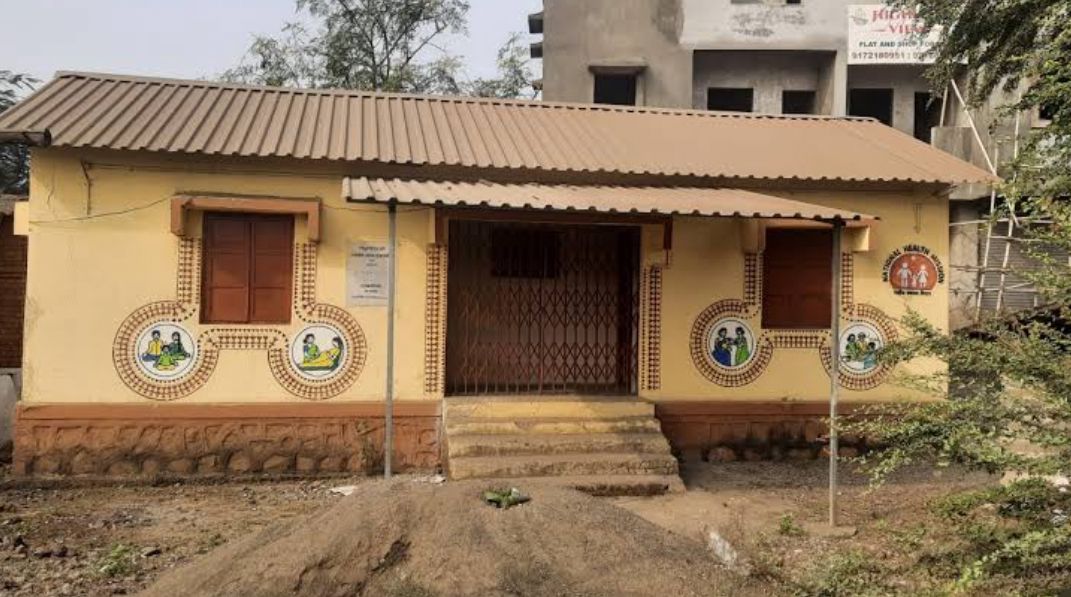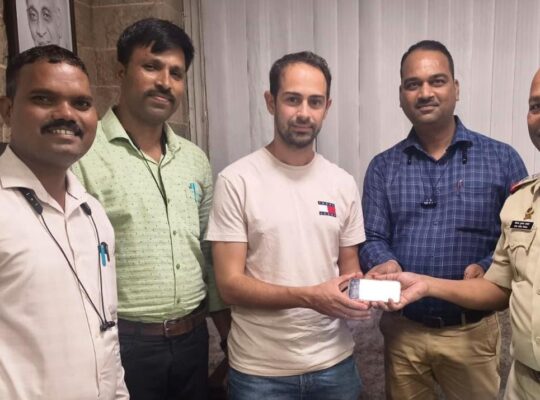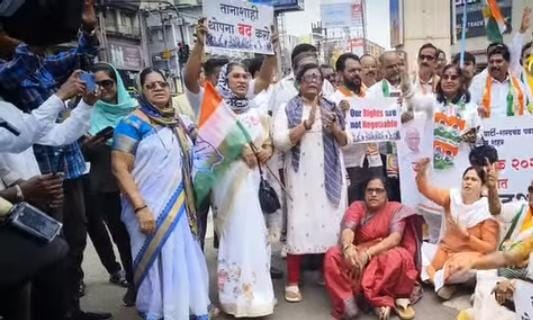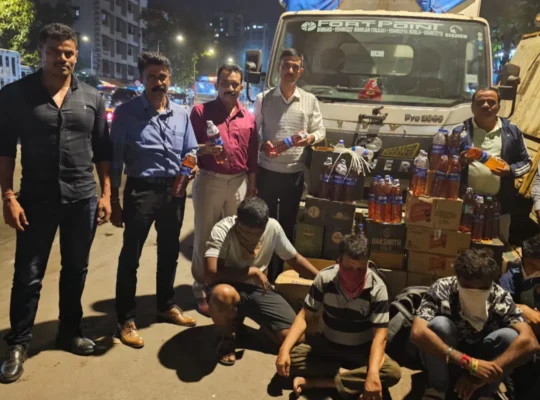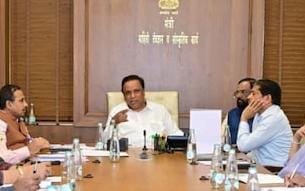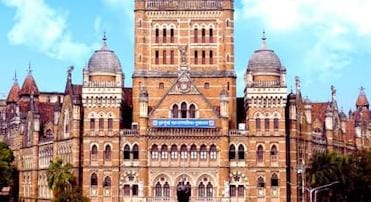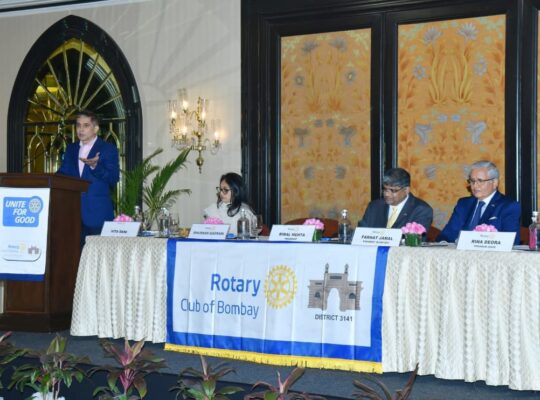Despite the construction of more than 200 new primary health centres (PHCs) and sub-centres in Maharashtra, many of these facilities remain non-functional due to delays in funding for staff, electricity, furniture, and basic supplies, a senior public health department official confirmed.
These centres, crucial to delivering affordable healthcare in rural areas, are the first line of response during medical emergencies and outbreaks. They also play a vital role in implementing national programmes such as immunisation drives and maternal and child health care.
Between 2021 and 2025, the state government approved over 400 PHCs and sub-centres. Of the 210 that have been constructed, a significant number have yet to open their doors. In some cases, completed buildings have stood unused for nearly two years.
“While the infrastructure is in place, the absence of essential operational resources has stalled their functionality,” the official said.
Of the 98 PHCs sanctioned in the past four years, only 64 are currently operational, while 34 remain locked due to an acute shortage of medical personnel and necessary supplies. The scenario is even more dire for sub-centres. Out of 308 approved for construction, just 129 are functional, with 179 lying unused.
Local health authorities say they’ve repeatedly appealed for funds to cover critical needs such as staffing, medicines, power connections, and basic furnishings.
A major challenge, according to the department, is that every facility is at a different stage of readiness. “We can’t allocate resources evenly when each centre requires a different level of support. That’s why several buildings, despite being technically ready, are still not in use,” the official said.
In response to growing concerns, State Public Health Minister Prakash Abitkar announced a revision in the department’s procedural guidelines. Previously, procurement of furniture and staff appointments began only after construction was 75% complete. Now, preparations will begin once buildings are halfway done.
A former department official pointed to the vast network of government-run health infrastructure — spanning PHCs, sub-centres, and hospitals — as a major logistical hurdle. “With such an extensive system, it’s hard to prioritise resources. As a result, delays are inevitable,” he said.

